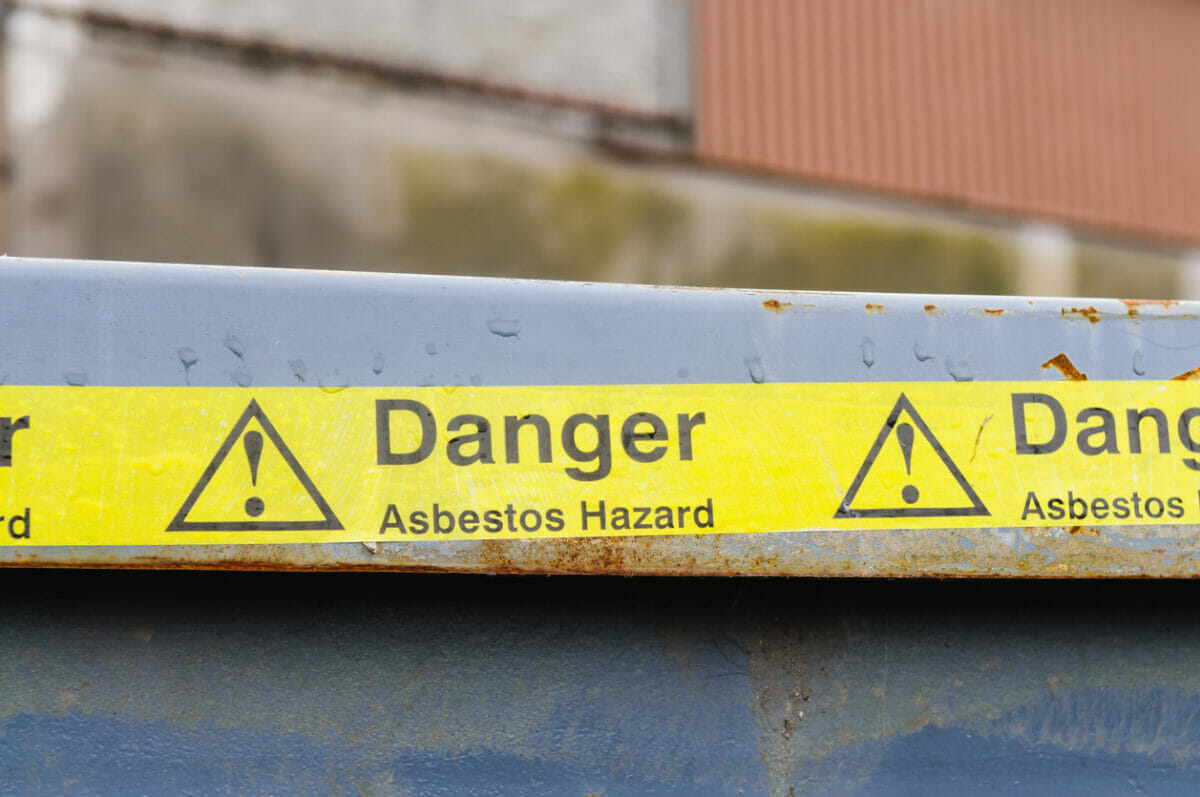Section 130 of the Building Act – A reminder of the important checks and balances that only the Court can review and approve
Napier City Council and Rice Speir create new law around Chief Executive Warrants to avoid immediate Danger.
In a recent regulatory decision that creates welcome new law under the Building Act, the Court ruled it has jurisdiction to confirm a warrant issued under 129 of the Building Act 2004 (for immediate danger), even when the Council’s decision is the subject of a Ministry for Business Innovation and Employment (MBIE) determination process.
Rice Speir successfully argued that a determination application didn’t prevent Napier City Council from applying to confirm a warrant to avoid immediate danger and the law is now much clearer as a result.
Background
The case involved a building containing asbestos in Napier that was situated next to an early childcare centre. On expert advice, the Council deemed the building immediately dangerous under s 129 of the Building Act and the Council’s Chief Executive issued a warrant that empowered the Council to carry out work to remove the immediate danger.
Warrant
A warrant issued by the Chief Executive under s 129 empowers a council to cause any action to be taken that is necessary to remove an immediate danger or fix insanitary conditions. The Building Act allows the council to recover the costs incurred from the building owner as a charge on the land if necessary.
Importantly, unless the building owner notifies the council that:
- they do not dispute entry into the owner’s land;
- that confirmation of the warrant by the District Court is not required; and
- pays the costs of the action incurred.
Then the territorial authority must apply to the District Court for confirmation of the warrant. Napier City Council carried out these steps, however the building owner maintained the building was not immediately dangerous as defined by the Building Act, and applied to MBIE for a determination under s 177 of the Building Act on this point.
MBIE itself acknowledged the tension between sections 177 and 130 of the Building Act and it wasn’t particularly clear which process trumped the other.
Decision
The District Court agreed with the Napier City Council, and decided that the Court has jurisdiction under s 130 of the Building Act regardless of whether there is a co-existing application for determination of the same or similar issues.
Judge Rowe observed that s 130 stands on its own as a mandatory procedure designed purely to act as a check or balance on a territorial authority’s power to issue a warrant in circumstances where there is an immediate risk to the public.
The Judge also went further, in stating that confirmation of the warrant by the Court is required whether the individual steps in the warrant had been completed or not, or circumstances require different steps to be taken to remove the risk under the warrant.
The successful result for Napier City Council entitled it to costs as a result.
This decision is useful in confirming that the process of obtaining an MBIE determination does not prevent the mandatory procedure under the Building Act, and also in highlighting that the steps taken under a warrant can be modified.





